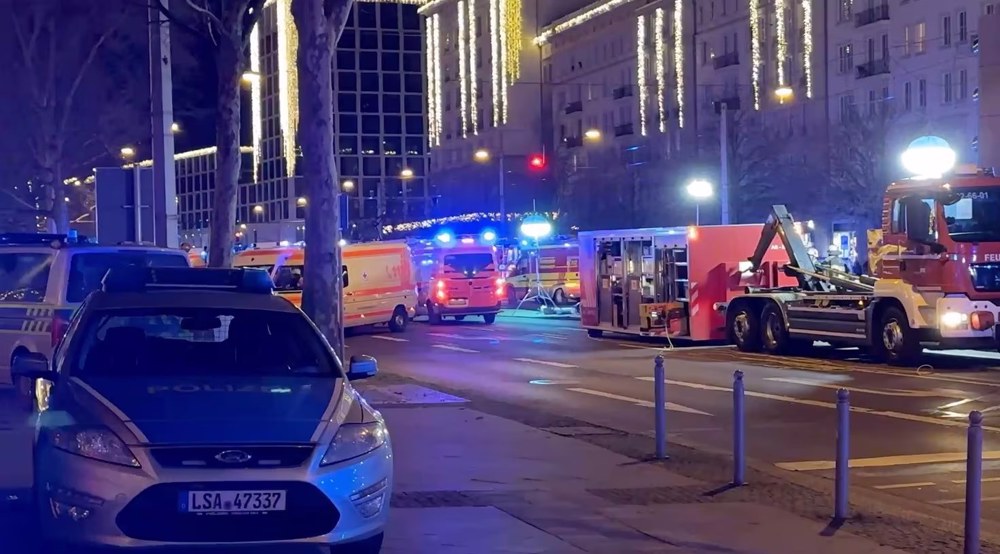NATO should not fuel tensions with Russia: German FM
Germany’s foreign minister has censured war games by the North Atlantic Treaty Organization (NATO) in Eastern Europe, saying such drills will not bring security to the region and will rather stoke tensions with Russia.
Frank-Walter Steinmeier made the remarks in an interview with the German Bild am Sonntag newspaper, whose extracts were published on Saturday.
“What we shouldn’t do now is inflame the situation further through saber-rattling and warmongering,” Steinmeier said, adding, “We are well-advised to not create pretexts to renew an old confrontation.”
NATO launched the Anakonda-16 maneuver on June 7, simulating a Russian attack on Poland. The two-week-long exercise involves some 31,000 troops, dozens of ships and fighter jets, along with 3,000 vehicles.
“Whoever believes that a symbolic tank parade on the alliance’s eastern border will bring security, is mistaken,” Steinmeier said.

He further called for more dialogue and cooperation with Russia, warning that it would be “fatal to now narrow the focus to the military.”
NATO is expected to send units to Romania as part of plans to expand its presence in Eastern Europe.
It will also send four battalions in Poland as well as the Baltic states of Lithuania, Estonia, and Latvia, which are likely to number 2,500-3,000 troops combined with a small force designed to act as a tripwire.
The deployment is slated to be formally authorized during a summit in the Polish capital city of Warsaw next month.
Putin slams NATO expansion
In another development on Friday, Russian President Vladimir Putin once again criticized NATO’s eastward expansion, warning that there would be consequences if the Western military alliance continued its one-sided policy against Moscow.

He made the comments during a question and answer session at the St Petersburg International Economic Forum 2016.
The Russian president also noted that his country does not want a new Cold War with the West, stressing that Moscow’s policy is “aimed at cooperation and search for compromise.”
NATO has stepped up its military build-up near Russia’s borders since it suspended all ties with Moscow in April 2014 after the Black Sea Crimean Peninsula re-integrated into the Russian Federation following a referendum.
Moscow has repeatedly repudiated NATO’s expansion near its borders, saying such a move poses a threat to both regional and international peace.
Last month, NATO formally invited Montenegro to become its 29th member, prompting the Kremlin to warn that the decision risked fueling geopolitical tensions across Europe.
Mikati demands Israel's withdrawal from south Lebanon
Yemeni army strikes Israeli military sites with drones
‘Clock ticking’: UNRWA slams unjustifiable killing of children in Gaza
BP to be sued in Britain for supplying oil to Israel
VIDEO | Press TV's news headlines
Israeli strikes on north Gaza hospital ‘extremely dangerous, terrifying’: Director
VIDEO | Yemen targets Tel Aviv with Palestine 2 missiles
Pezeshkian: Iran resolved to complete North-South Transport Corridor















 This makes it easy to access the Press TV website
This makes it easy to access the Press TV website